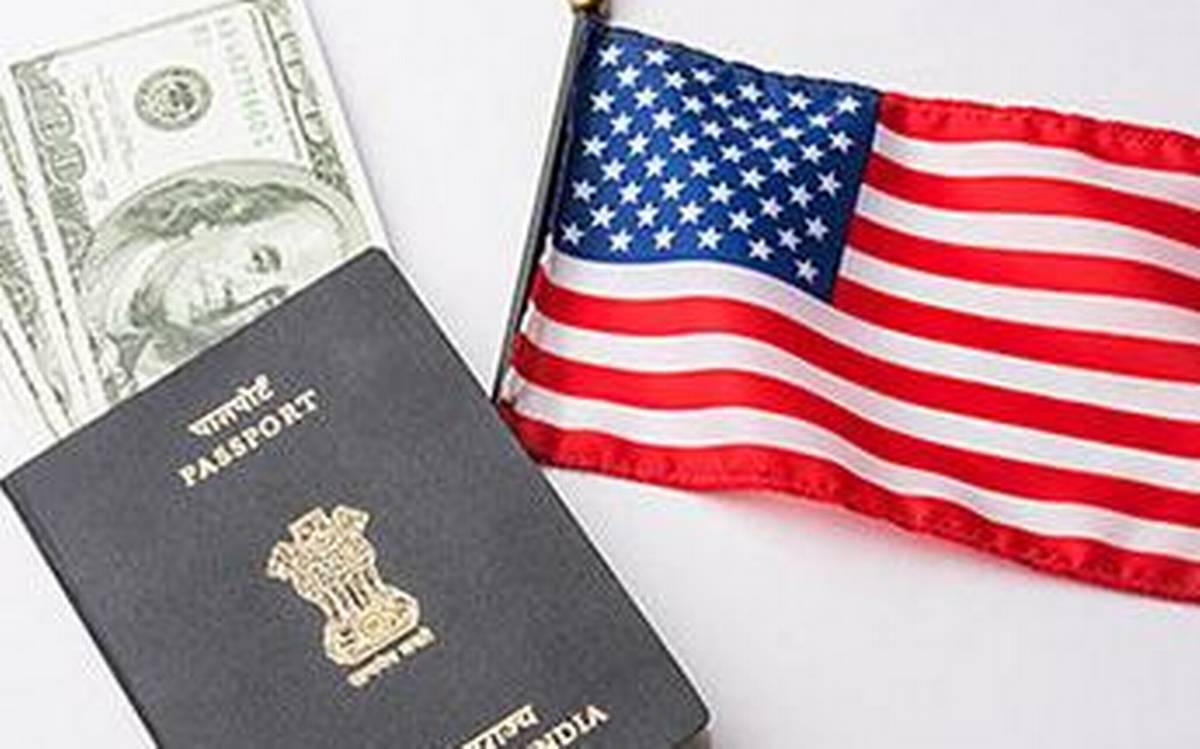The per-country cap on legal permanent residency punishes immigrants from India and the wait for the coveted Green Card for Indians runs into 200 years, a top American senator has said, terming the “discrimination” as “inconsistent” with the principles of a merit-based immigration system.
Green Card, known officially as a Permanent Resident Card, is a document issued to immigrants to the US as evidence that the bearer has been granted the privilege of residing permanently.
——Advertisement starts here ——
 NRIForShaadi.com World’s #1 App for NRI Matrimony. Thousands of members near your GPS Location. Download from NRIApps.com
NRIForShaadi.com World’s #1 App for NRI Matrimony. Thousands of members near your GPS Location. Download from NRIApps.com ———Advertisement ends here ———
Indian IT professionals, most of whom are highly skilled and come to the US mainly on the H-1B work visas, are the worst sufferers of the current immigration system which imposes a seven per cent per country quota on allotment of the coveted Green Card or permanent legal residency.
Republican Senator Mike Lee, on the Senate floor, said on Wednesday that he has always been struck by the fact that the government has conditioned Green Card.
There may have been some legitimate reason many decades ago for this, but has led to a system that largely discriminates against Green Card applicants from one country, Lee told his Senate colleagues.
Currently, there is a backlog of almost one million foreign nationals and accompanying family members lawfully residing in the United States who have been approved for, and are waiting to receive, employment-based Green Cards. The largest number of them are from India.
“I mean, literally one country. This is inconsistent with our founding principles. this is not how we try to do things as Americans, and it’s not right. Today, if you’re a work-based immigrant from India entering into the EB- Green Card application process, you will wait almost 200 years before your application is even considered solely because of where you were born,” the senator said.
“Almost 200 years on a waiting list. Some people don’t even live that long. Our country isn’t much older than that, and that’s the amount of time they would have to wait based solely on the basis of the country in which they were born,” Lee said, urging his Senate colleagues to lift the country-cap on Green Card applicants.
“If you’re born anywhere else, anywhere else other than China; let’s say in Ghana, Sweden, Indonesia, basically any other country other than India, your application will be considered immediately. This sort of discrimination is simply inconsistent with the principles of a merit-based immigration system and with our founding principles and the principles that unite us as Americans,” Lee said.
He sought unanimous consent that the judicial committee be discharged from further consideration of S 386 and the Senate now proceed to pass the Fairness for High-Skilled Immigrants Act (HR 1044), as passed by the House, that would eliminate the seven per cent per-country ceiling, along with his amendment.
The legislation would allocate employment-based visas to prospective immigrants by application date on a first-come, first-served basis without regard to country of origin.
However, it would not reduce the backlog because it would not increase the number of foreign nationals receiving Green Cards. As passed by the House, HR 1044 would include a three-year transition period from the current system to the new system.
Democratic Senator Dick Durbin, however, opposed Lee’s amendment, arguing that it does not include the language to protect immigrants’ children who are less than 21 years of age.
The amendment would modify his proposal, allowing for immediate implementation of the 50/50 rule. The Lee amendment, he argued, will also provide that current H-1B employees may continue to change employers.
The purpose of his 50/50 provision is to prevent outsourcing companies from hiring new H-1B employees. Lee’s language would not allow these companies to import new H-1B workers to exploit, the senator said.
The H-1B visa is a non-immigrant visa that allows US companies to employ foreign workers in speciality occupations that require theoretical or technical expertise. Technology companies depend on it to hire tens of thousands of employees each year from countries like India and China.
“So that is not objectionable to me. Lee’s amendment also accepts my proposal to delay by one year the bill’s section changing the distribution of Green Cards to allow processing time for pending applications,” Durbin said.
Durbin said that the amendment currently being considered for which unanimous consent has been asked includes several key provisions he has advocated for that were not in Senator Lee’s original bill.
These include filing to protect immigrant workers and their families stuck in the backlog, and annual Green Card set-aside for those ineligible because they are overseas, a one-year delay to section 2 of the bill to protect pending Green Card applications, and the 50/50 rule to protect American jobs and workers and to prevent the exploitation of immigrant workers that helped create the Green Card backlog.



